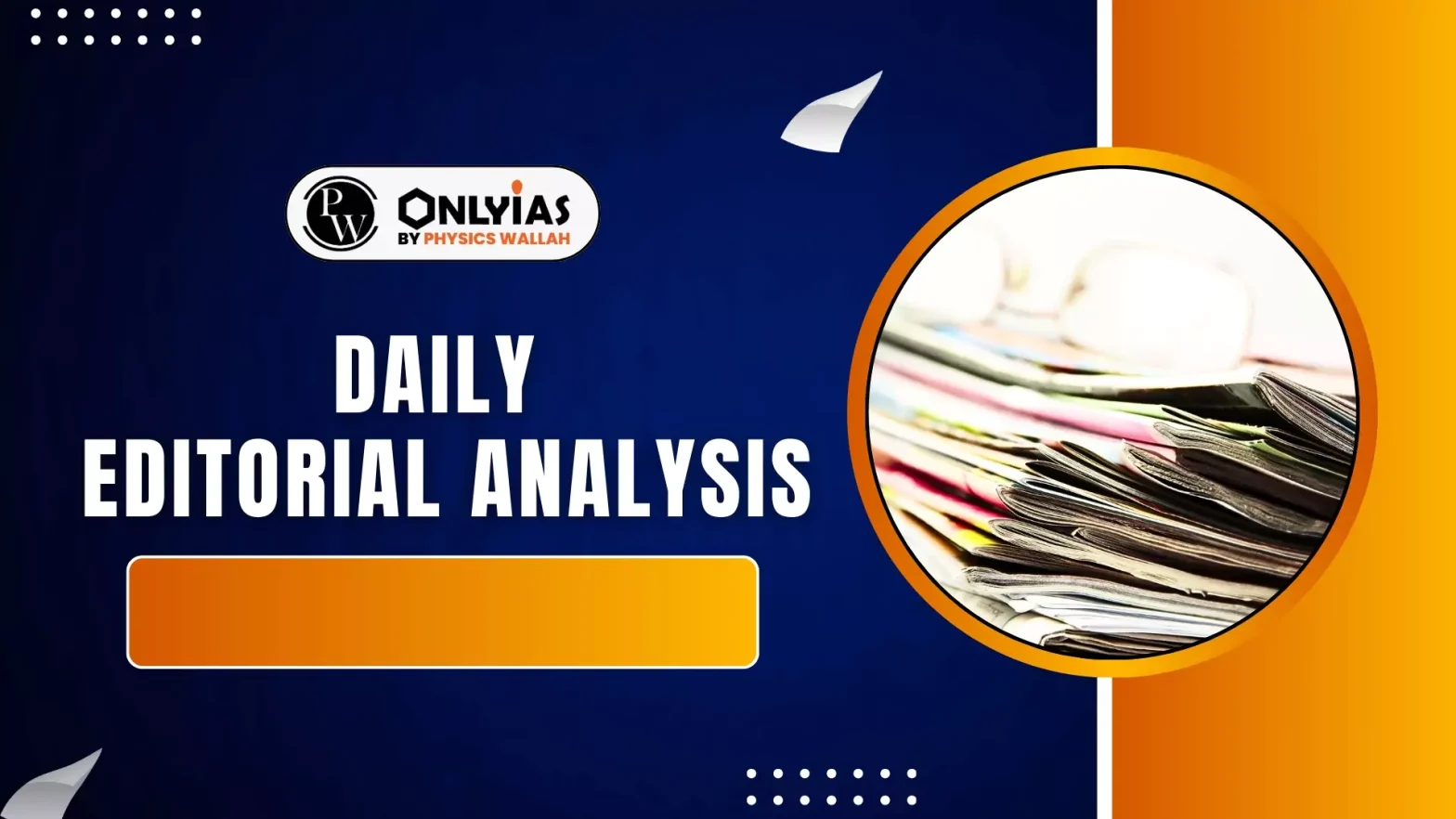Despite milestones like Justice Leila Seth’s appointment, the Indian judiciary remains male-dominated, especially at the top levels. The persistent gender gap, lack of inclusivity, and patriarchal judgements highlight an urgent need for systemic reforms and representation.
Pioneering Moments and Enduring Curiosity
- Historic First: In 1978, Justice Leila Seth, the first woman Chief Justice of a state High Court, was seen as a novelty by visitors.
- Enduring Rarity: Her experience highlighted how rare female judicial authority was — and still remains.
Gender Gap in the Judiciary
- Supreme Court Representation: Since 1950, the Supreme Court has had only 11 women judges.
- First Woman Judge: Justice M. Fathima Beevi was appointed in 1989.
- Current Numbers: As of now, only 2 of 33 Supreme Court judges are women — this will drop to 1 after Justice Bela Trivedi’s retirement in June 2025.
- High Court Gender Gap: Only 11.7% of High Court judges are women.
- Lower Court Inclusion: 35% of judges in lower courts are women.
- State-Level Gaps: States like Manipur, Meghalaya, Tripura, Patna, and Uttarakhand have no women judges.
Intersectional Gaps and Representation
- Marginalised Communities Unrepresented: No Dalit or tribal woman has served in the Supreme Court in 75 years.
- Religious Minority Exclusion: Justice M. Fathima Beevi remains the only Muslim woman ever appointed to the apex court.
Women in the Collegium System
- Collegium Exclusion: The collegium system has no women members currently; only Justice Ruma Pal and Justice R. Banumathi have been part of it.
- Short Tenures: A 2025 CLPR report found that women judges serve shorter tenures, reducing chances of collegium inclusion.
- Case in Point: Justice B. V. Nagarathna may become the first woman Chief Justice, but only for 36 days.
Why Gender Diversity in Judiciary Matters
- Bias Risk: Under-representation can lead to biased or patriarchal judgments.
- Recent Problematic Judgments:
- Allahabad High Court (March 2025): Blamed the rape victim; dismissed assault as not attempted rape.
- Kozhikode Judge (2022): Bail granted citing the victim’s “provocative dress.”
- Bombay High Court (2022): Called rape “infatuation”; later overturned by the Supreme Court.
Normalising Women in Judiciary
- Symbolism vs Substance: Women must be seen as judges, not token representatives or confined to “women’s issues.”
- Systemic Reform Needed: Gender sensitisation and accountability within the judiciary are essential.
Steps Towards Reform and Inclusivity
- State-Level Reservations: Some states (Jharkhand, Karnataka, Rajasthan, Telangana, Bihar) offer reservations for women in judicial roles.
- Beyond Quotas: Affirmative action must include:
- Better infrastructure (e.g., sanitation in lower courts)
- Regular intersectional surveys
- Leadership and workplace equality policies
Conclusion
To build a just, inclusive, and representative judiciary, India must normalise women’s leadership in law. Genuine gender equity will come not from symbolism, but from systemic changes, structural reforms, and societal acceptance of women in power.
![]() 22 May 2025
22 May 2025

